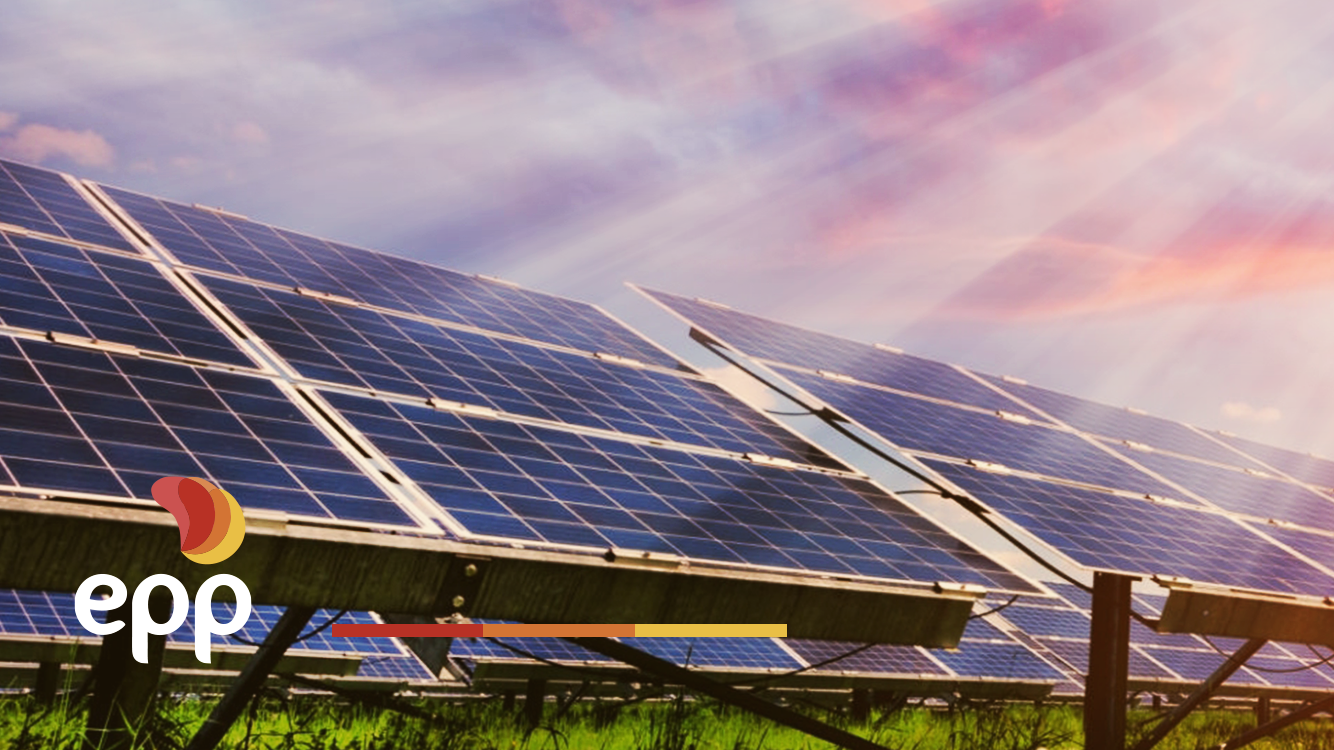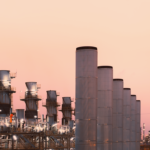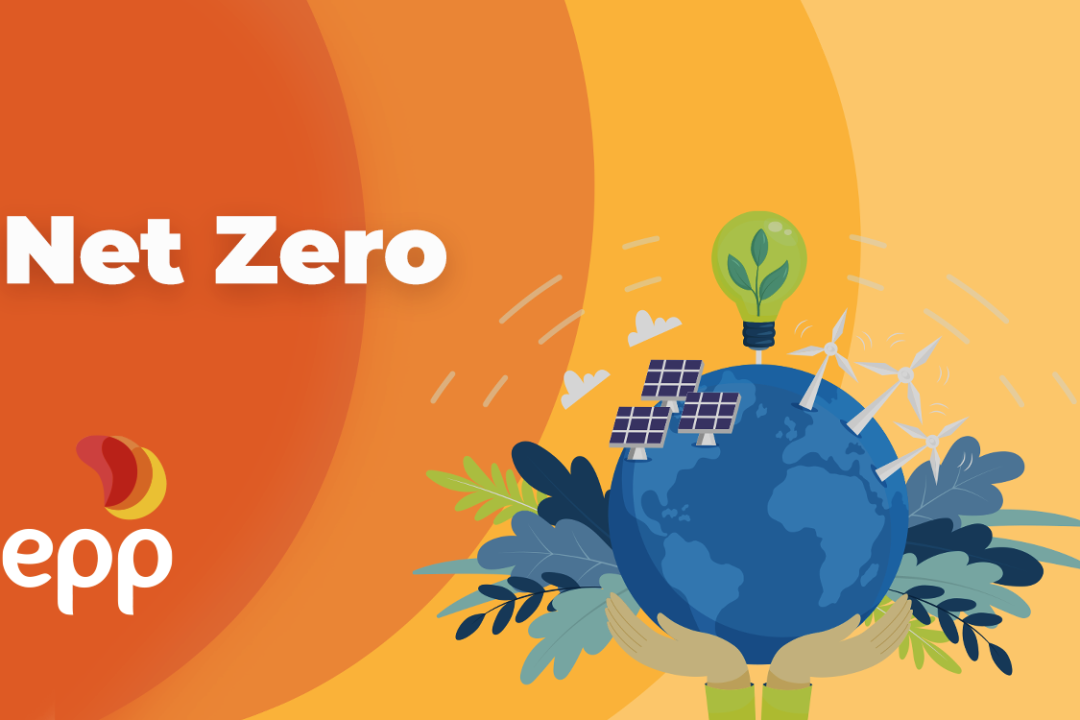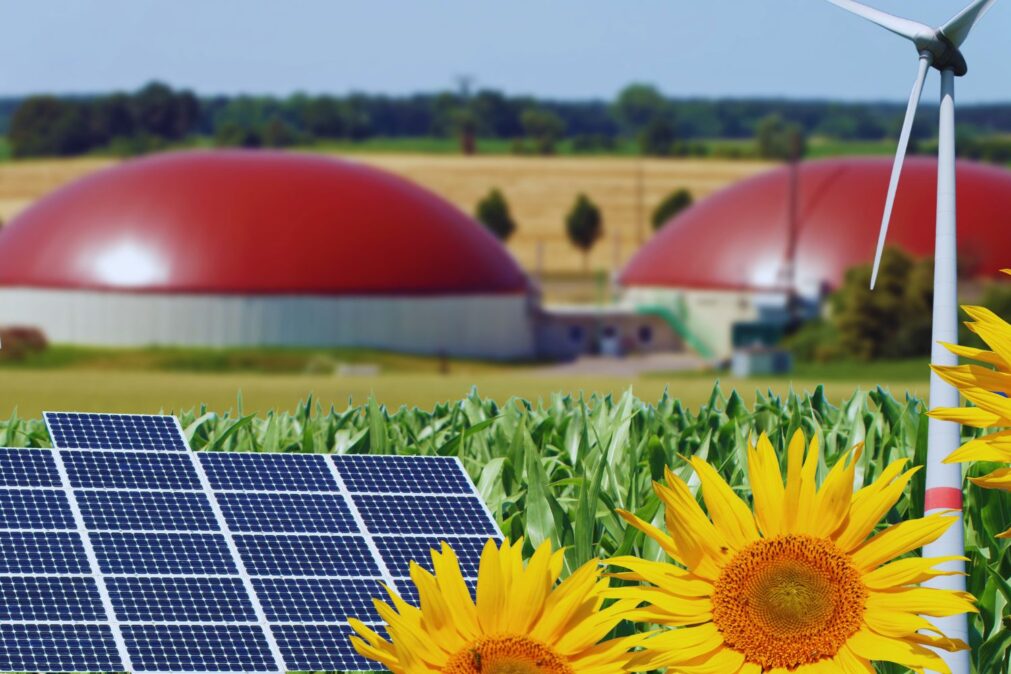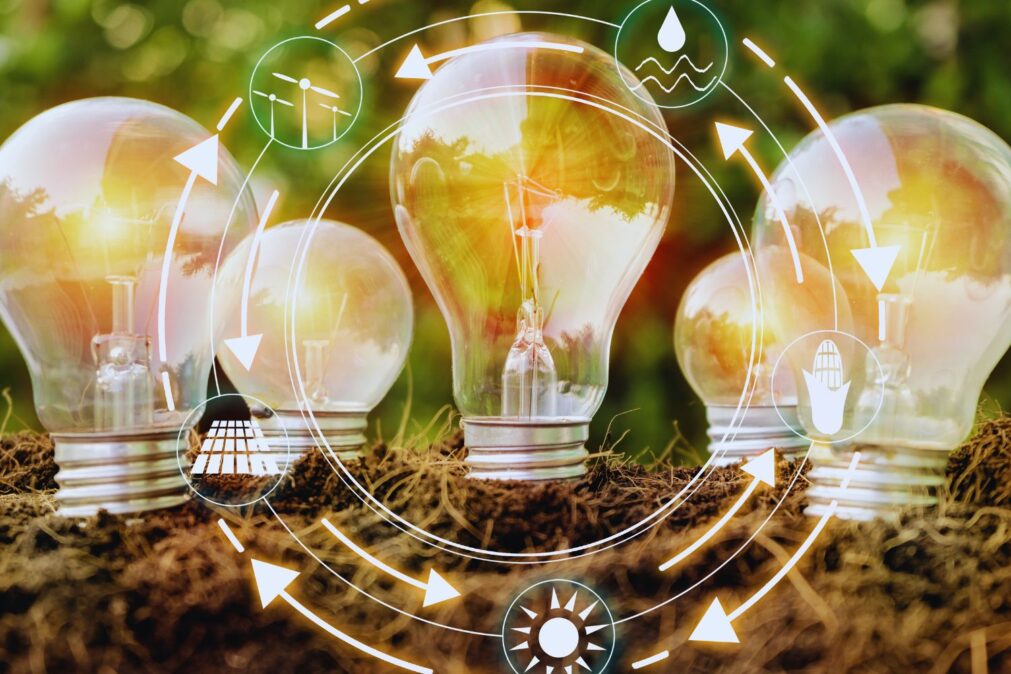The strategic role that photovoltaic solar energy will play in Brazil is increasingly visible and encouraging. Understand the growth of the sector.
Photovoltaic solar energy in Brazil has prospects of continuing to grow in 2021. In relation to 2019, the source increased its installed capacity by 47.4%, reaching 3,215 MW in 2020, according to ANEEL. Even with the pandemic, the source generated more than R $ 13 billion in investments and generated more than 80 thousand new jobs. Thus, it is being seen as a locomotive for the country’s economic, social and environmental development.
For 2021, the Brazilian Association of Photovoltaic Solar Energy (Absolar) projects that the activity will generate more than 145 thousand jobs in the country, a calculation made according to private investments, which may exceed R $ 22 billion, of which R $ 17 billion is only for the distributed generation.
What are the prospects for photovoltaic solar energy in Brazil
The constant increase in energy tariffs above inflation and the search for sustainability are some factors that have stimulated investments from this source in the country. Over the years, the recurring adjustments in energy bills have been worrying families, impacting the budget. This situation combined with the financial crisis, which impacted a large part of the population in the pandemic, has made users rethink how to consume energy. Therefore, photovoltaic solar energy appears as an alternative to reduce costs.
In the case of sustainability, many organizations are opting for this model to contribute to initiatives to maintain the environment, reducing the emission of greenhouse gases through the energy transition. Large companies are already starting to announce targets to become carbon neutral in a few years, expanding the use of clean energy in their units.
In addition, there is an increasing number of financing aimed at clean energy with favorable conditions, as well as technological developments. With technology, it is possible to increase the efficiency of photovoltaic equipment, reducing investment costs. Wood Mackenzie estimates that, by the end of the decade, the reduction in equipment costs will be 15% to 25%.
However, there is an agenda that concerns the sector. It is possible that there will be a change in the regulation of Distributed Generation, with a 60% reduction in subsidies. This fact worries, after all, solar energy is the source of choice for 99% of DG projects.
The increase in supply and demand
With increased demand, supply needs to adjust. Therefore, so many new companies appear in the area. According to the Solar Portal, about 450 new companies appear every month in the country working in the photovoltaic solar area. The estimate is that the market, in 2021, will grow 27%.
According to Absolar, more than 4.9 GW of photovoltaic solar energy will be added, representing a growth of 68%. In distributed generation, growth estimates are 90% compared to the total installed last year. In other words, from 4.4 GW, it would increase to 8.3 GW.
As for the auctions, the solar companies will compete in the next eight auctions of new energy, planned by the government to be held until 2023. It is the first time that the source is included in all competitions, with a portfolio that exceeds 30 GW. Another good news is the creation of Law 14,120 / 2021, which redirects unused resources from R&D and energy efficiency to the Energy Development Account (CDE).
It is worth mentioning that the model is interesting for everyone involved. According to Absolar, for every R $ 1 invested in small and medium-sized photovoltaic systems, the sector returns more than R $ 3 in electrical, economic, social and environmental gains to Brazilians.
Thus, we can conclude that solar energy is no longer a detail in the electrical matrix. Although the percentage is still small, the investments accumulated in the sector add up to more than R $ 38 billion, with 390 thousand solar systems connected to the network. Therefore, the future of photovoltaic solar energy in Brazil is very promising.
If you have any questions about the topic or investments in the sector, leave your comment in the post.
